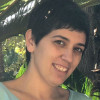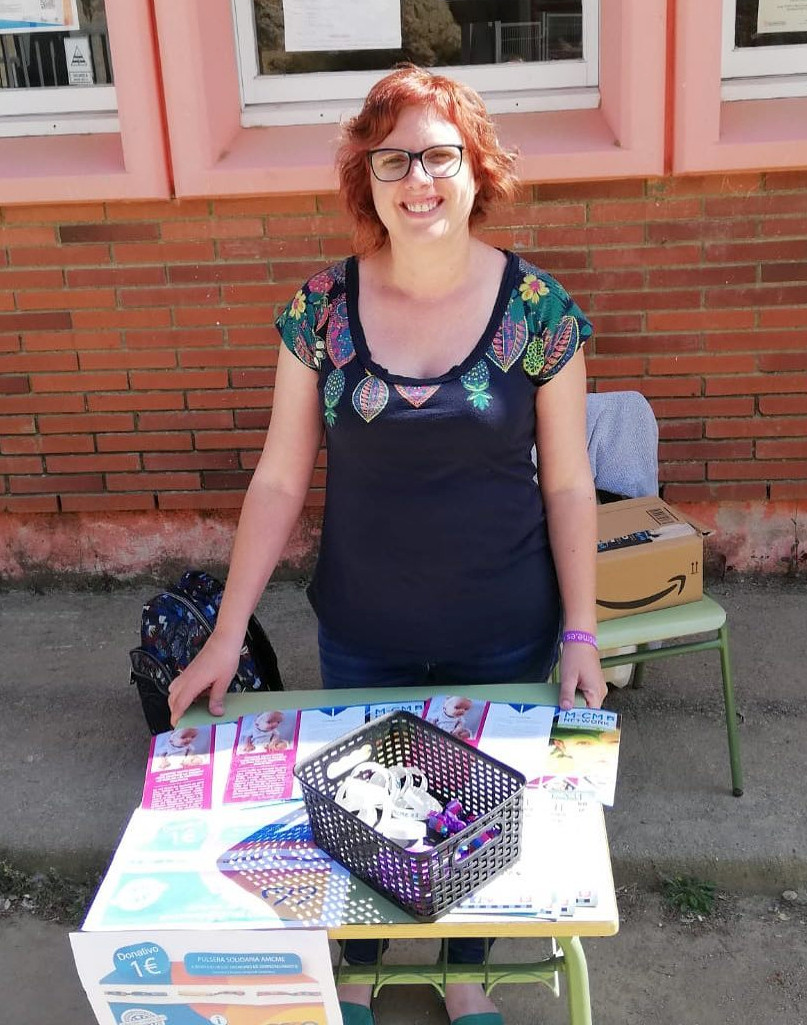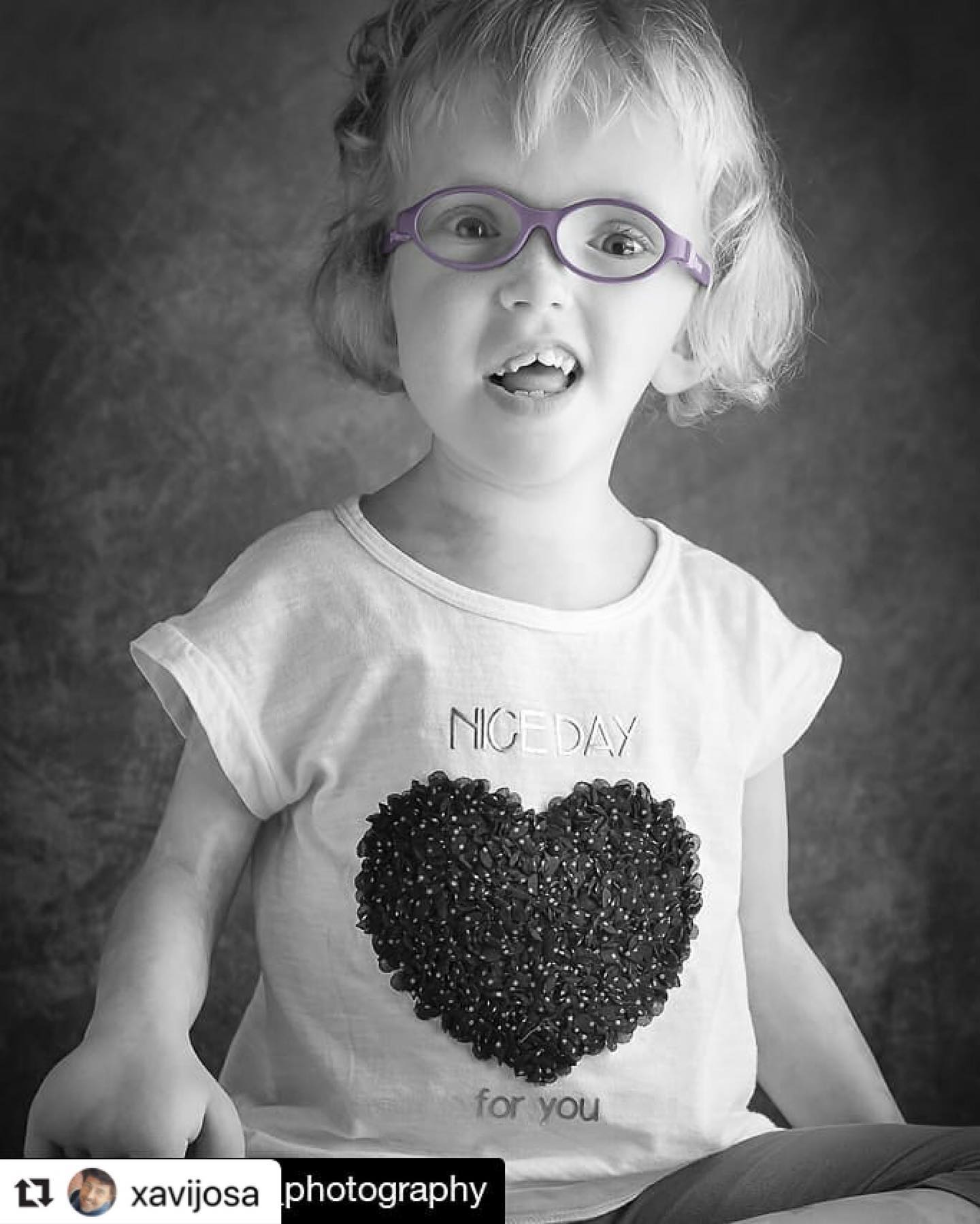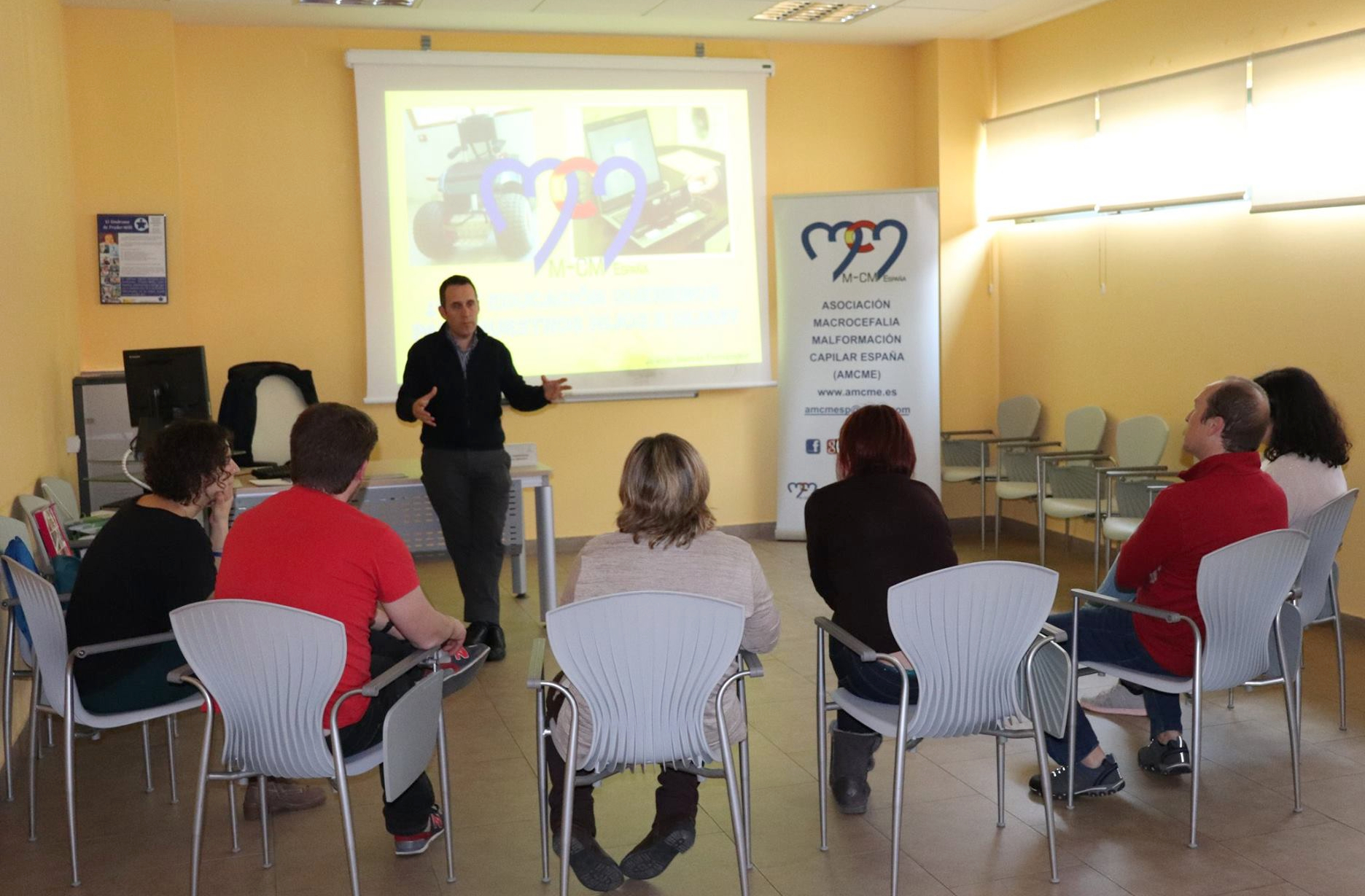
Interview to Àngels Puigvert — Mother of a girl with megalencephaly-capillary malformation syndrome

Description of the natural history of vasculopathies
Àngels Puigvert's life is anything but calm, but he was able to find some time to answer some questions about her daughter and the work carried out by her association. Thank you Àngels!
"Queralt was diagnosed practically at birth," says Àngels. "They ran a lot of tests on her and was finally diagnosed with syndrome after the MRI". Àngels states that her daughter's skin was purple at birth due to capillary malformations, with syndactyly of the toes, macrocephaly, and certain areas of her body showed an overgrowth: one leg was larger than the other was, one cheek was bigger than the other was, one finger was longer than the others were…
“When Queralt was born they told us it was MCAP (megalencephaly-capillary malformation syndrome). Names are continually changing. Now they call it PROS, from ‘PI3K-Related Overgrowth Syndrome’. To be honest at the time the doctor was quite lost, 7 years ago there was little or no information about the syndrome”. A specialist told them that Queralt was very affected and that she may never walk or speak. "Then she referred us to a bunch of specialists at Sant Joan de Déu: a neurologist, a geneticist, an oncologist, a dermatologist...".

Àngels feels sad when recalling the day Queralt was diagnosed. “At that moment you cry a lot and you think why this had to happen to you. Then you ask the clinicians what’s the next step and they say ‘Stimulation’, and you think ‘Well, let’s do it!’. Today Queralt walks, she speaks a little bit, she is quite independent, she goes to school…“.
When asked about some advice to families going through a similar situation, Àngels points out that it is key to treat each case individually. "Each case is different, but I would advise these parents or carers to look ahead, to stay afloat for their children. Their efforts and hard work will surely help their children advance in their development".
Àngels is the president of the association Macrocephaly-Capillary Malformation Spain:
“When Queralt was born, we did not know anyone with the disease. Founding the association and having contact with other families was a breath of fresh air: being able to talk to people who were going through the same, sharing experiences, concerns, doubts ... Knowing that you are not alone"
In addition, associations are very necessary rare diseases, since much of the research accomplished on these pathologies is funded by patient organizations. Our association is currently involved in two research projects on the PIK3CA gene, which is the gene affected in the syndrome: a project with Sant Joan de Deu and another with Hospital de La Paz. We also have a parents’ school and we hold annual meetings where we organize sessions for both children and parents (although this has been stopped by COVID-19) and research-oriented fundraising activities”.
About her experience with Share4Rare, Àngels says: "We registered the association in the platform very recently so for the moment we have not contacted other families, but I find the medical book explaining the syndrome and other vascular anomalies very useful and complete". And she adds: “We are currently participating in a study on the platform to investigate the quality of life of patients with PROS and other vascular diseases. It is very important that clinicians ask us for our opinion, experiences ..., etc. because this way they will be able to know what actually affects patients and families and how to help us. This study is progressing thanks to Share4Rare and Dr. Baselga, Head of Dermatology at the Sant Joan de Déu Children’s Hospital”.

The importance of research
Àngels highlights the importance of research in rare diseases. "It is fundamental. 7 years ago, when Queralt was born, there were no genetic tests to detect the syndrome and today there are, but they do not work for children with a mild affection, for example. Research is also necessary to know if there is a cure or any medication that can reduce the symptoms. Knowing the impact on the quality of life of patients is also essential, we must also focus on the day to day of the patients and families. I'm talking about all rare diseases, not just MCAP/PROS”.
Thank you very much for your time, Àngels!
